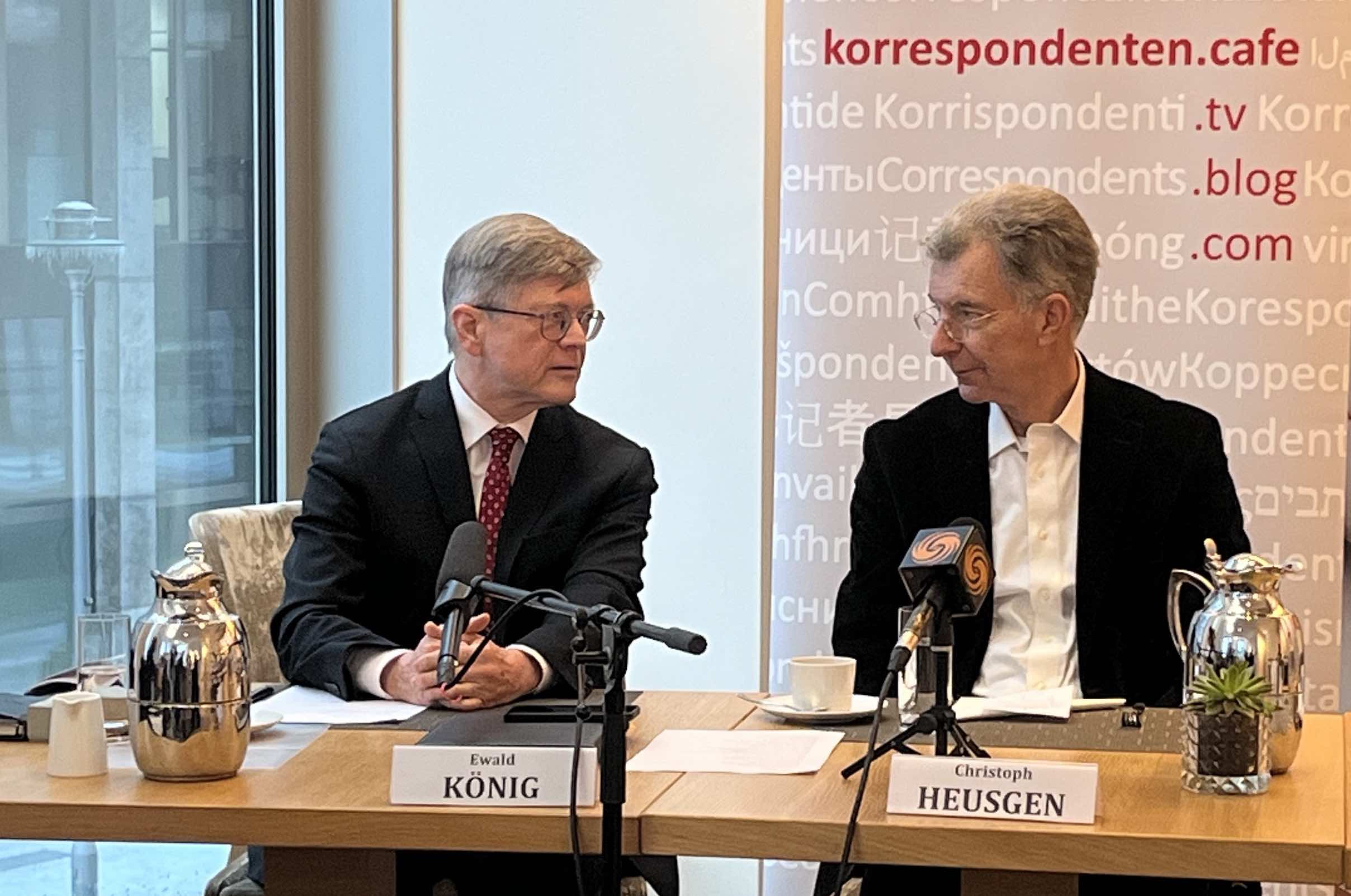diplo.news
Hello Germany, please not only look at conflicts, but also at opportunities
Column by Ewald König

In doing so, other zones are out of sight. Areas in which Germany has a rather weak presence and is in danger of missing out on a lot. For once, diplo.news is not looking at conflict and crisis zones, but at regions of opportunity. In zones with breathtaking transformations that are not noticed enough in Europe and in Germany.
We have just been astonished to learn that who Russians consider to be the most hostile country. According to a survey conducted in the second half of May, the Russians do not see Ukraine as the most hostile country, although Russia is at war against Ukraine. Surprisingly enough, the USA is also not a traditional opposing power. No, it is Germany that is considered particularly hostile. 55 percent of the Russians surveyed see it that way. The other countries perceived as hostile: Great Britain (49 per cent), Ukraine (43 per cent), USA (40 per cent). They see Belarus (80 per cent), China (66 per cent), Kazakhstan (36 per cent), India (32 per cent) and North Korea (30 per cent) as their closest allies.
This hostile perception is in no way reflected in the former Soviet republics of Central Asia. On the contrary, they are opening themselves up to the West - with varying degrees of intensity. Uzbekistan is leading the way with its multi-vectoral foreign policy, which aims to maintain problem-free relations in all directions. Germany is by no means regarded as a hostile country by Uzbeks. It is exactly the opposite.
Germany makes far too little use of this open attitude. There is certainly close exchange at political level and there is a lot of German investment in the country. But at major international conferences, it is always noticeable how poorly represented Germany is and does not appreciate enough the potential that lies dormant in Central Asia. Either a representative from the Federal Foreign Office is only involved with a short video message, which is of little help when networking, or Germany limits itself to a low-threshold presence compared to other delegations. This reluctance is simply noticeable.
As a multi-day investor forum in the capital Tashkent shows (which I am currently reporting on), Central Asia is developing at a rapid pace and offers German and European partners truly unimagined opportunities.
Would you like a few examples? Uzbekistan is building thirty (!) new universities and is looking for international cooperation to do so. It privatizes 29 large state-owned companies and offers foreign investors the same conditions as local companies. In a joint venture with Chinese automaker BYD, Uzbekistan will be the hub for e-vehicles throughout Central Asia. Uzbekistan is actively expanding its position as a Eurasian hub. The country will play a key role in the East-West corridor between China and European markets. Uzbekistan is a leader in the planned road corridor from China via Central Asia to Iran, as is the China-Iran rail connection.
Not everything has to be done by the Chinese. German and European companies are in demand. They should be more present. They're waiting for them.




